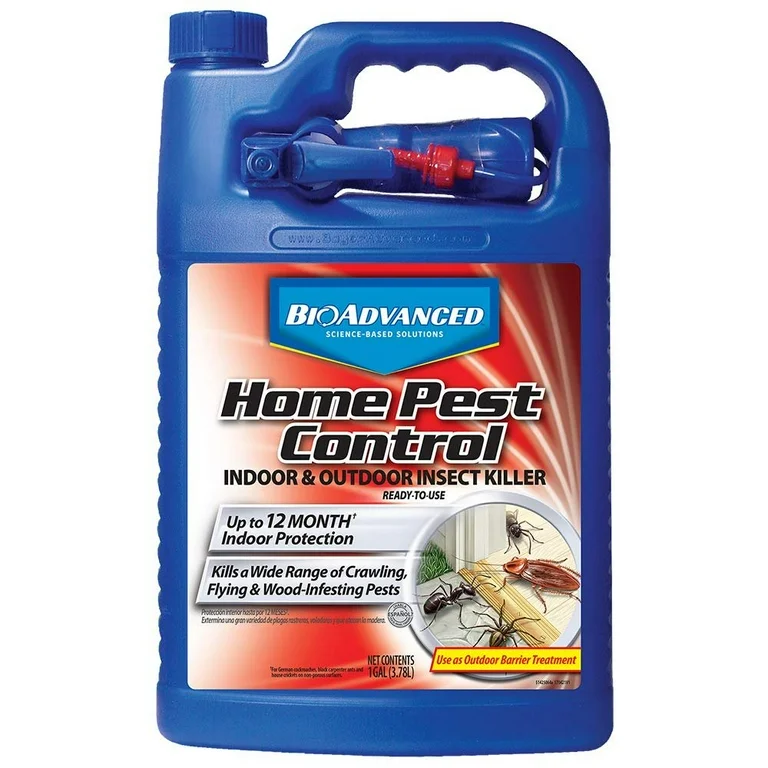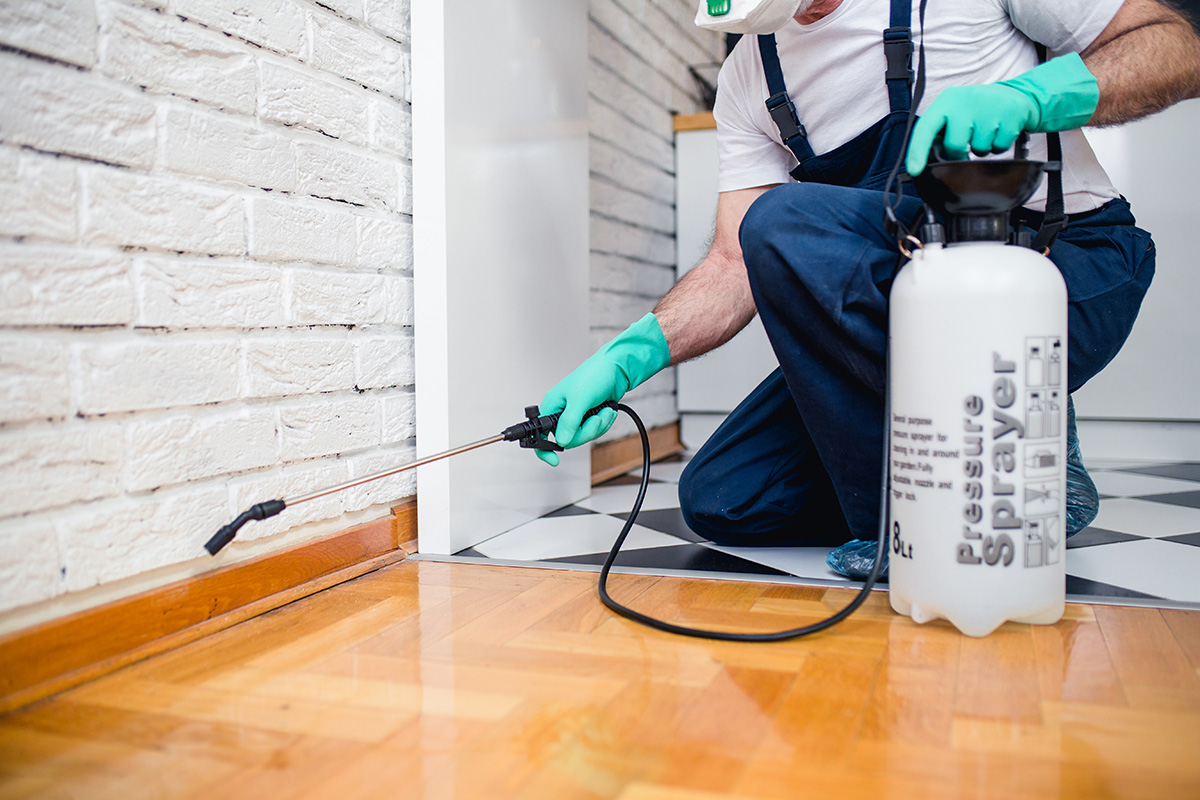Efficient Parasite Control Solutions: An Extensive Take A Look At Elimination Techniques and Avoidance Actions
In the world of parasite control solutions, the successful monitoring of problems needs a careful method that combines different strategies and actions for both elimination and prevention. From Integrated Parasite Monitoring (IPM) approaches that prioritize sustainable options to chemical elimination techniques developed for targeted removal, the arsenal versus insects is large and diverse.

Integrated Pest Management (IPM) Methods
Integrated Bug Administration (IPM) Techniques encompass a comprehensive approach to pest control that concentrates on avoidance, surveillance, and control techniques to properly take care of bug populaces. By incorporating different methods, IPM intends to minimize the influence of bugs while also reducing the reliance on chemical pesticides. Avoidance lies at the core of IPM, highlighting practices like correct hygiene, upkeep of hygiene, and sealing entrance factors to discourage pests from infesting structures.
Chemical Elimination Techniques
Chemical elimination methods are typically employed in insect control services to effectively eradicate bug populaces that pose a danger to human health and wellness and building. These techniques include making use of various chemical substances specifically developed to target and remove bugs such as pests, rats, and various other undesirable animals. The application of pesticides, pesticides, rodenticides, and other chemical agents is very carefully regulated to make sure optimum efficiency while lessening dangers to humans, animals, and the environment.
One of the essential advantages of chemical extermination methods is their capability to give fast and targeted outcomes, making them especially beneficial in instances of severe problems or immediate parasite control needs - a1 residential pest control portland or bed bugs. However, it is important to highlight the significance of appropriate handling, application, and disposal of these chemical products to avoid unintended damage
Furthermore, incorporated parasite management (IPM) strategies typically incorporate chemical elimination techniques with various other techniques such as sanitation, habitat adjustment, and organic controls to develop a thorough and lasting insect control approach. By incorporating chemical elimination techniques sensibly within an IPM structure, bug control services can successfully handle insect populaces while reducing potential threats to human wellness and the setting.
Organic Parasite Control Techniques
Utilizing all-natural predators and parasites to take care of pest populaces is a lasting technique understood as organic bug control. a1 pest control in portland oregon bed bugs. One common biological control approach entails presenting natural enemies of the target insect types, such as ladybugs for aphid control or nematodes for termite invasions.
Another effective biological control approach is making use of microbial pesticides. These are normally happening microbes, such as infections, bacteria, and fungi, that especially target and infect certain pest species. By making use of these microbial representatives, bug populaces can be properly decreased without triggering or harming helpful organisms damage to the environment.
Physical Parasite Prevention Steps
Applying physical insect prevention procedures entails making use of barriers and architectural adjustments to deter pests from infesting a residential or commercial property or getting in. Mounting door sweeps, displays on windows, and sealing Visit This Link splits in the structure can help stop bugs like insects and rodents from gaining access indoors.
One more physical prevention measure is the use of barriers like fence to maintain bigger parasites such as deer or raccoons away from the building. By executing these physical parasite prevention procedures, property proprietors can significantly lower the threat of pest problems and the damage they can create.
Expert Bug Evaluation Treatments
Conducting thorough and methodical bug assessments is a fundamental facet of specialist insect administration methods. Expert bug examiners are educated to carefully examine homes for indications of infestations, determining pest species, entrance factors, and helpful conditions. The examination procedure generally starts with a comprehensive analysis of both the inside and outside of the facilities. This entails checking for insect droppings, gnaw marks, nests, and any type of architectural damage that might suggest parasite task. Additionally, examiners may use specific tools ways to treat termites such as moisture meters and borescopes to detect covert infestations within wall surfaces or crawl rooms.

Conclusion
To conclude, effective bug control solutions utilize a variety of methods, consisting of Integrated Insect Monitoring strategies, chemical extermination approaches, biological controls, and physical prevention measures. Professional pest examination treatments play a critical duty in determining and addressing pest problems in a timely manner. By implementing a mix of these techniques, homeowner can efficiently avoid and manage bug infestations.
From Integrated Parasite Management (IPM) techniques that focus on lasting options to chemical elimination strategies designed for targeted elimination, the collection versus insects is diverse and vast.Integrated Bug Management (IPM) Approaches include a detailed technique to pest control that concentrates on control, prevention, and surveillance approaches to effectively handle insect populations.Chemical extermination methods are generally utilized in parasite control services to effectively eliminate insect populations that position a threat to human health and home.Using natural killers and parasites to take care of pest populations is a sustainable method recognized as organic pest control.In conclusion, effective insect control services employ a variety of techniques, consisting of Integrated Parasite Monitoring strategies, chemical extermination approaches, biological controls, and physical avoidance measures.